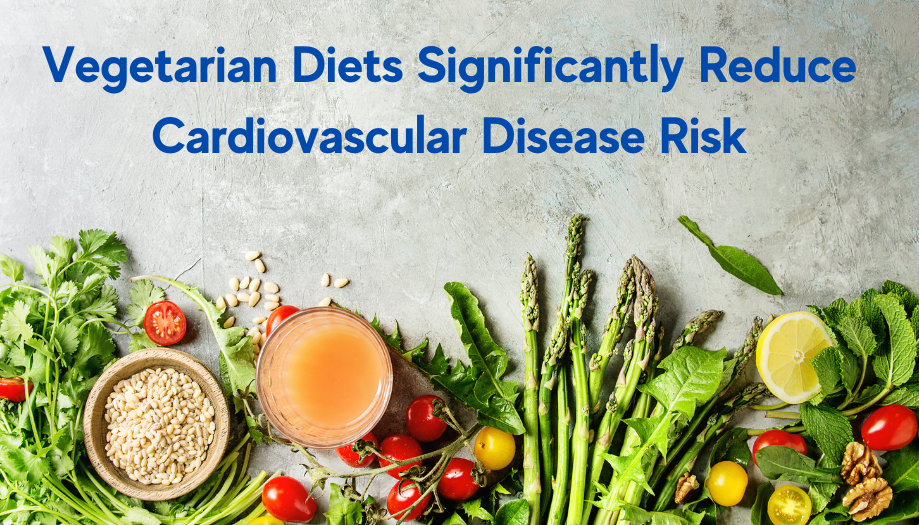In a meta-analysis, researchers have found compelling evidence supporting the positive impact of vegetarian diets on heart health. While the connection between plant-based eating and a decreased risk of ischemic heart disease (IHD) has been acknowledged, this study delves deeper into cardiovascular disease (CVD) and stroke risks associated with vegetarian and vegan lifestyles.
Key Findings:
The comprehensive review, which included data from thirteen cohort studies comprising over 844,000 participants, discovered significant reductions in the relative risk of CVD and IHD among individuals adhering to vegetarian diets. Specifically, vegetarians exhibited a 15% lower risk of CVD and an impressive 21% reduction in the risk of IHD compared to their nonvegetarian counterparts.
However, the study noted that the link between vegetarianism and stroke risk was less conclusive. While there was no clear association between vegetarian diets and total stroke or stroke subtypes, the findings remained significant for CVD and IHD.
Public Health Implications:
These findings hold substantial implications for public health, as cardiovascular diseases continue to be leading causes of mortality worldwide. The study suggests that encouraging plant-based dietary patterns, particularly vegetarian diets, could be a key strategy in mitigating the burden of CVD. Public health recommendations may benefit from a stronger emphasis on adopting vegetarian dietary habits as a preventive measure against heart-related conditions.
Call for Further Research:
Despite the promising results, the researchers stress the need for additional large-scale and high-quality studies. Future investigations should focus on clarifying results related to stroke and stroke subtypes. Additionally, studies stratified by various risk factors, with meticulous adjustment for confounding variables, are deemed essential to validate these initial findings.
Geographical diversity in research samples is also emphasized, and the researchers call for more comprehensive assessments of dietary habits over time to account for potential changes during follow-up.
Conclusion:
In summary, this study adds weight to existing recommendations advocating for plant-based dietary patterns to promote heart health. The observed reductions in the relative risk of CVD and IHD among vegetarians signify a significant step toward understanding the profound impact of dietary choices on cardiovascular well-being. While further research is warranted, the study encourages individuals to consider incorporating more plant-based options into their diets for a healthier heart. This news may pave the way for a shift in public health discourse towards embracing the benefits of vegetarianism in preventing cardiovascular diseases.
Reference:




